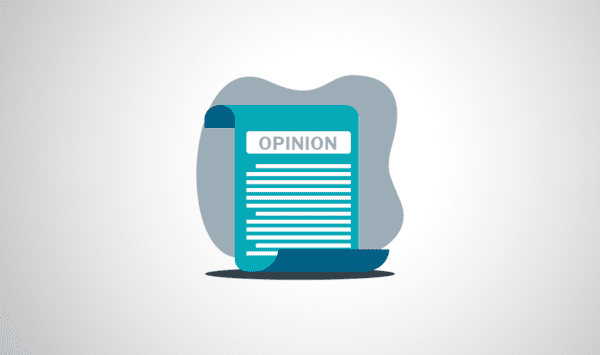
Even in a local newspaper, a considerable portion of the opinion page is often dedicated to national politics. Whether it’s letters to the editor about the current president’s policies or content from nationally syndicated columnists representing both sides of the political spectrum, the opinion page presents plenty of content that can polarize audiences. But what if local newspapers refuse to run national, contentious political content?
In July of 2019, The Desert Sun of Palm Springs, California, did exactly that. For one month, the paper stopped running syndicated national columnists, published no letters about President Donald Trump or the politics of Washington, D.C., and instead turned the opinion page over to California and Palm Springs topics and writers. This decision was inspired by our previous research on the polarizing effects of local newspaper closures: when local newspapers close, it’s likely that people replace that local news with national news and become more polarized as a result. In this new study, we worked with The Desert Sun to evaluate the changes to their opinion content in July and to determine whether community political attitudes changed as a result of the experiment.
Effects on Opinion Content
Prior to the change in opinion content, national politics typically represented about one-third of articles and letters on the op-ed page in The Desert Sun, leaving a substantial amount of space to fill when the topic was no longer covered. Mentions of “Democrat” or “Republican” within an article dropped from 25 percent of all articles to 10 percent. Nationally controversial issues like immigration received less attention in July, while mentions of locally relevant issues such as architectural preservation, the environment, and downtown traffic increased substantially. Though it was not a stated goal of the change, the racial diversity of writers on the opinion page did not improve during the experiment: the pool of contributors became whiter, and there was no increase in women authors. These results point to the idea that localization does not solve the many inequalities present in opinion journalism, but it does give more room for local issues and interests to be heard.
In order to facilitate changing the focus of the opinion page to California and Palm Springs topics, The Desert Sun relied on a state-level syndication service, CALmatters. The newspaper tripled its usual number of CALmatters columns from June to July. Many of these columns were written by CEOs and other executives of businesses and nonprofits to advocate for bills that were under consideration by the state legislature.
Polarization Slows Down
With support from the Center for Media Engagement, we conducted surveys both before and after the experiment in Palm Springs, where The Desert Sun audience was located, and in Ventura, a comparison community whose newspaper, the Ventura County Star, did not change its content during the month of the experiment, to assess whether the changes in content had any effects on political attitudes. The surveys asked people in both areas about their political views, attitudes towards local news, and news consumption habits.
We were particularly interested in exploring changes in affective polarization — how much people dislike members of the opposing party — and social polarization — how comfortable people are around members of the opposing party.
We found that both types of polarization increased in Ventura, but stayed flat in Palm Springs, representing a slowdown across three crucial groups: those who read the local newspaper, those with high levels of political knowledge, and those who regularly participate in politics.
What Newspapers Can Learn
By emphasizing local identity instead of partisan identity, local newspapers can help slow the rising tide of polarization. Changing an opinion page’s focus to local takes resources, however, starting with a dedicated opinion editor who can put in the necessary effort. Many of today’s newspapers do not have that luxury.
If news outlets do have the ability to drop national politics, it could be a valuable option: the study showed that doing so slowed the rise of political divisions within the community. The Desert Sun also reported that their online readership of opinion content nearly doubled in July and the newspaper was able to recruit new writers that continued to contribute in future months.
For more on this research, you can read our book on the experiment, Home Style Opinion: How Local Newspapers Can Slow Polarization.


